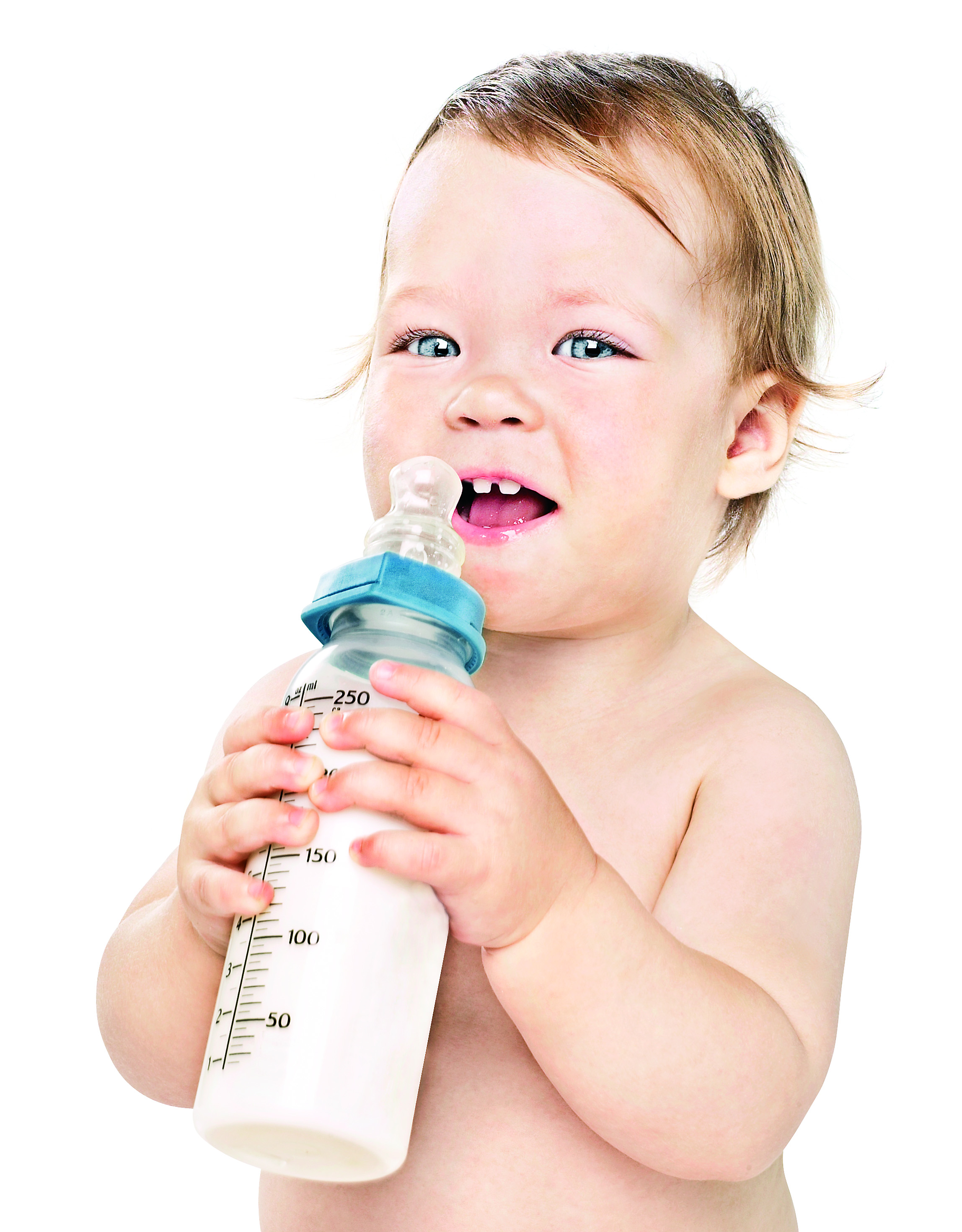WHO study shows that a high proportion of baby foods are incorrectly marketed as suitable for infants under the age of 6 months, and that many of those foods contain inappropriately high levels of sugar.
Brussels, July 17, 2019 - A new WHO study found evidence of widespread inappropriate promotion of commercial foods for infants and young children in four cities of four European countries. Despite globally agreed rules on the promotion of foods for infants and children – and nearly 40 years since the introduction of the Code – many companies that make and sell commercial baby foods fail to comply with these rules. Broadly similar results in three countries (Austria, Bulgaria and Hungary) and, to a lesser extent Israel, suggest that the problems identified are likely to extend across the Region.
WHO urges its member countries to prevent promotion of nutritionally inappropriate products and/or use of inappropriate promotional techniques.
WHO’s long-standing recommendation states that children should be breastfed, exclusively, for the first 6 months. Its 2016 global Guidance on Ending the Inappropriate Promotion of Foods for Infants and Young Children explicitly states that commercial complementary foods should not be advertised for infants under 6 months of age.
“Good nutrition in infancy and early childhood remains key to ensuring optimal child growth and development, and to better health outcomes later in life – including the prevention of overweight, obesity and diet-related noncommunicable diseases (NCDs) – thereby making United Nations Sustainable Development Goal 3 to ensure healthy lives and promote well-being for all at all ages much more achievable,” says Dr Zsuzsanna Jakab, WHO Regional Director for Europe.
Click here to read the full press release of WHO.






